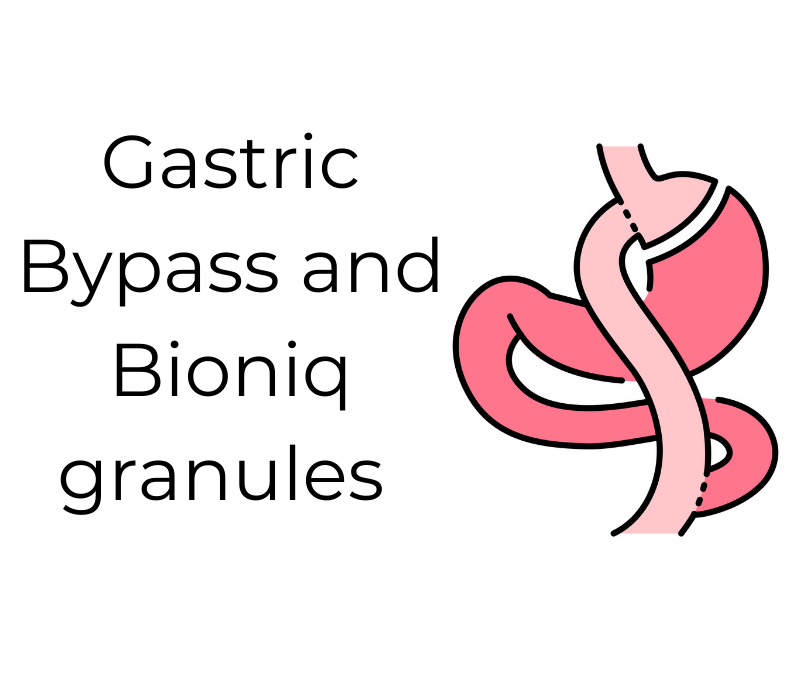
Our brain's ability to change and form new neural connections is known as neuroplasticity. Even in old age, our brain can create new neural connections and change the existing ones. Psychotherapy, for instance, is one of the ways to change the existing neural pathways – your brain's response to triggering associations and painful memories. On the other hand, encountering new experiences and learning new skills is a good way for us to form new connections and increase our brain's neuroplasticity. Let's learn more about the ways to keep our brains sharp!
In a healthy body is a healthy mind! Ancient civilisations have believed in this motto for a reason. Maintaining regular physical activity has been linked with improving your mental health and cognitive development. A study published in the American Academy of Neurology journal shows that adults who regularly exercise have lowered risks of dementia and memory loss. In addition, new studies suggest that hormones released during physical activity may decrease the risks of developing Alzheimer's disease.
To keep your mind sharp, introduce at least a 30-minute exercise to your weekly routine or take a walk in the park in the morning. An activity like dancing, where you have to memorise new moves, is also highly beneficial for your cognitive function as it helps form new neural connections.
We are what we eat – and that relates to our minds, too. Recent studies show that a healthy diet is vital for cognitive function and mental health. In particular, a Mediterranean-style diet consisting of plant-based dishes, olive oil, lean meats, fish and fruit is considered beneficial for proper cognitive function and prevention of Alzheimer's disease. Such a diet is full of natural sources of vitamins and micronutrients that keep your body and mind in good health. On the other hand, research suggests that processed foods high in sodium and added sugar can be harmful for your mental health and brain development. That is why it is essential to keep an eye on what you eat, as it's a fuel that optimises your body and the brain.
Humans are social beings. We grow and thrive when we meet new people and build meaningful relationships with them. But with our fast-paced life, we often neglect our social needs, and it's not beneficial to our mental health and cognitive function. A study from the University of Florida suggests that social interactions are central to healthy brain development. Data collected from the study of 12,000 participants over the period of 10 years showed that social isolation and scarce social interactions may increase the risks of memory loss and dementia by 40%. On the other hand, socialising and building new relationships make you learn new information and create new connections in your brain.
Don't forget that your mental well-being should be a priority that we can't neglect. Make time for your social life – go on a breakfast date on the weekend, work remotely with a friend or join a fitness class to meet new people.
Learning is a lifelong path that we should follow at all ages. We can keep our minds young, sharp and energetic by constantly learning and exposing our brains to new challenges. Multiple studies show that learning new skills, like a new language, a musical instrument or chess, can dramatically improve our memory and prevent the development of dementia among older adults.
Don't be afraid to take up a new hobby you've never tried! Think about something you have always dreamt of learning – or, in contrast, something that you have always found challenging. It's never late to learn something new. Not only will you gain a unique experience, but you will open your mind to new opportunities and mindsets.
Apart from learning a new skill, we can boost our brain function by encountering new experiences and exposing ourselves to a new environment. Simply travelling to an unfamiliar place or doing a new activity can make your memory sharper. Researchers from the University of Edinburgh and the University of Texas Southwestern conducted a study on mice, which revealed that attention-grabbing experiences and exposure to new environments greatly boost our memory. When we face new experiences, an area in our brain, locus coeruleus, releases a chemical called dopamine – a hormone known for aiding brain function. Importantly, brain cells from locus coeruleus transport dopamine to the hippocampus, where our memories are formed. That is why new learning techniques encourage students to study in different places and occasionally change their seats in the classroom. That way, our brain activity will be continuously boosted.

%20(1).png)
